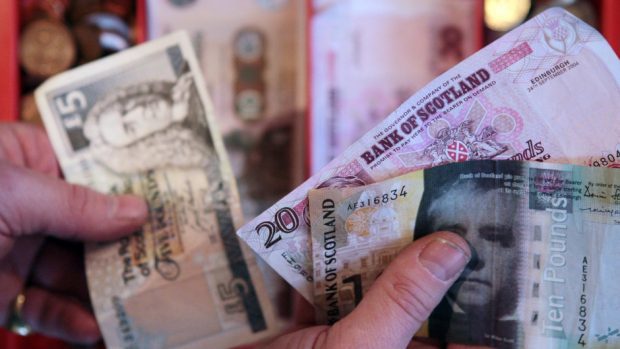One in five working people are being paid less than the voluntary living wage, according to new estimates.
More than five million people – 22% of the workforce – are earning less than £8.25 per hour or £9.40 in London, the research by Markit for KPMG suggests.
The number of people being paid below the living wage has risen by more than one million in just fours years, but the figures are similar to last year, the analysis found.
Part-time workers were more likely to to earn below the voluntary living wage, with 43% receiving an hourly wage which falls short of the basic cost of living, compared with one in seven full-time employees.
Northern Ireland had the highest proportion of people earning below the voluntary living wage (27%) while the lowest was in London and the South East (19%).
The research also found that people earning less than the living wage expected worsening financial well-being in the next year.
Simon Collins, senior partner and UK chairman of KPMG, said the figures shows that “more needs to be done” to “eradicate in-work poverty”.
He said: “The reality is that more than five million people in the UK are only earning enough to ‘get by’ and cannot enjoy the standard of life so many of us take for granted.
“Previously, many businesses worried that increased wages hit their bottom line, but there is ample evidence to suggest the opposite.”
